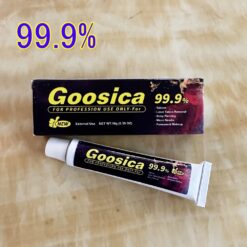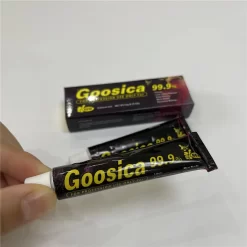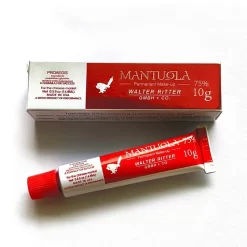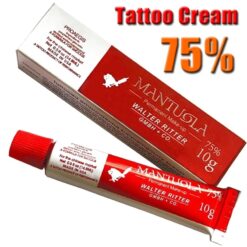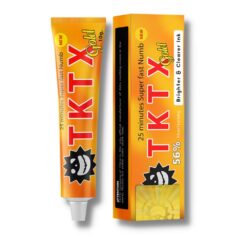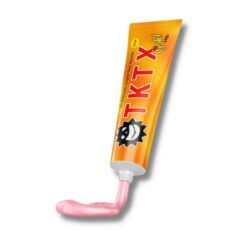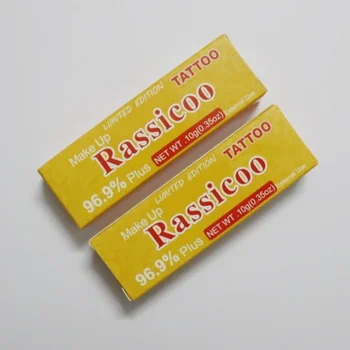Numbing Cream for Microblading
Microblading has taken the beauty world by storm, offering a semi-permanent solution for perfect eyebrows. However, the thought of having a blade near your skin can be daunting, especially when it comes to pain. This is where numbing cream for microblading plays an essential role. In this article, we will delve into all aspects of numbing cream, its benefits, practical tips, and more.
What is Microblading?
Microblading is a tattooing technique where a small blade is used to deposit pigment into the skin, creating the appearance of natural hair strokes. While it delivers stunning results, the procedure can be uncomfortable. A numbing cream helps mitigate this discomfort, making the experience smoother for clients.
Understanding Numbing Cream
Numbing creams are topical anesthetics that reduce sensation in the skin. They are often composed of active ingredients like lidocaine, tetracaine, or benzocaine. These compounds temporarily block nerve signals in the skin, making microblading a more pleasant experience.
Types of Numbing Creams
-
- Lidocaine: The most common ingredient in numbing creams, offering quick relief.
-
- Tetracaine: A powerful anesthetic, often used in combination with lidocaine for enhanced effect.
-
- Benzocaine: Typically used for minor skin irritations but effective in microblading procedures as well.
Benefits of Using Numbing Cream for Microblading
Using numbing cream during microblading offers numerous benefits:
-
- Reduced Pain: The primary benefit, providing comfort throughout the procedure.
-
- Less Anxiety: Reducing pain helps clients relax, contributing to a better overall experience.
-
- Improved Precision: When the client is more relaxed, the artist can work more effectively.
-
- Faster Procedure: Less discomfort often leads to a quicker completion time.
How to Apply Numbing Cream
Applying numbing cream is a straightforward process, but it requires attention to detail for maximum effectiveness:
-
- Preparation: Ensure the skin is clean and dry.
-
- Application: Apply a thick layer of numbing cream to the area.
-
- Cover: Use a plastic wrap to cover the area to enhance absorption.
-
- Timing: Allow the cream to sit for 20-30 minutes before proceeding with microblading.
Case Studies and First-Hand Experiences
Many clients have shared their thoughts on using numbing cream during microblading. Here are a couple of summarized experiences:
| Client Name | Experience | Rating (1-5) |
|---|---|---|
| Sarah D. | Felt minimal discomfort and loved the results. | 5 |
| Emily R. | Had some tingling sensations but overall manageable. | 4 |
Practical Tips for Choosing and Using Numbing Cream
When it comes to numbing cream for microblading, consider these practical tips for optimal results:
-
- Consult Your Artist: Always discuss with your microblading artist which numbing cream they recommend.
-
- Patch Test: Conduct a patch test to ensure you don’t have an adverse reaction.
-
- Follow Instructions: Always adhere to the instructions provided by the manufacturer.
-
- Discuss Allergies: Make sure to inform your technician about any allergies you have.
Potential Risks and Side Effects
While numbing creams are generally safe, there are risks involved. Some potential side effects include:
-
- Allergic Reactions: Some individuals may experience redness, swelling, or irritation.
-
- Overuse: Using too much can lead to systemic absorption, causing complications.
-
- Skin Sensitivity: Increased sensitivity or numbness may occur if applied improperly.
Conclusion
Numbing cream is an invaluable asset in microblading, making the procedure far more enjoyable and efficient for clients. Its ability to reduce pain and anxiety allows for a smoother, more precise experience, leading to beautiful results. If you’re considering microblading, don’t hesitate to discuss the option of numbing cream with your artist. With the right preparation, you’re sure to achieve the brows of your dreams!


